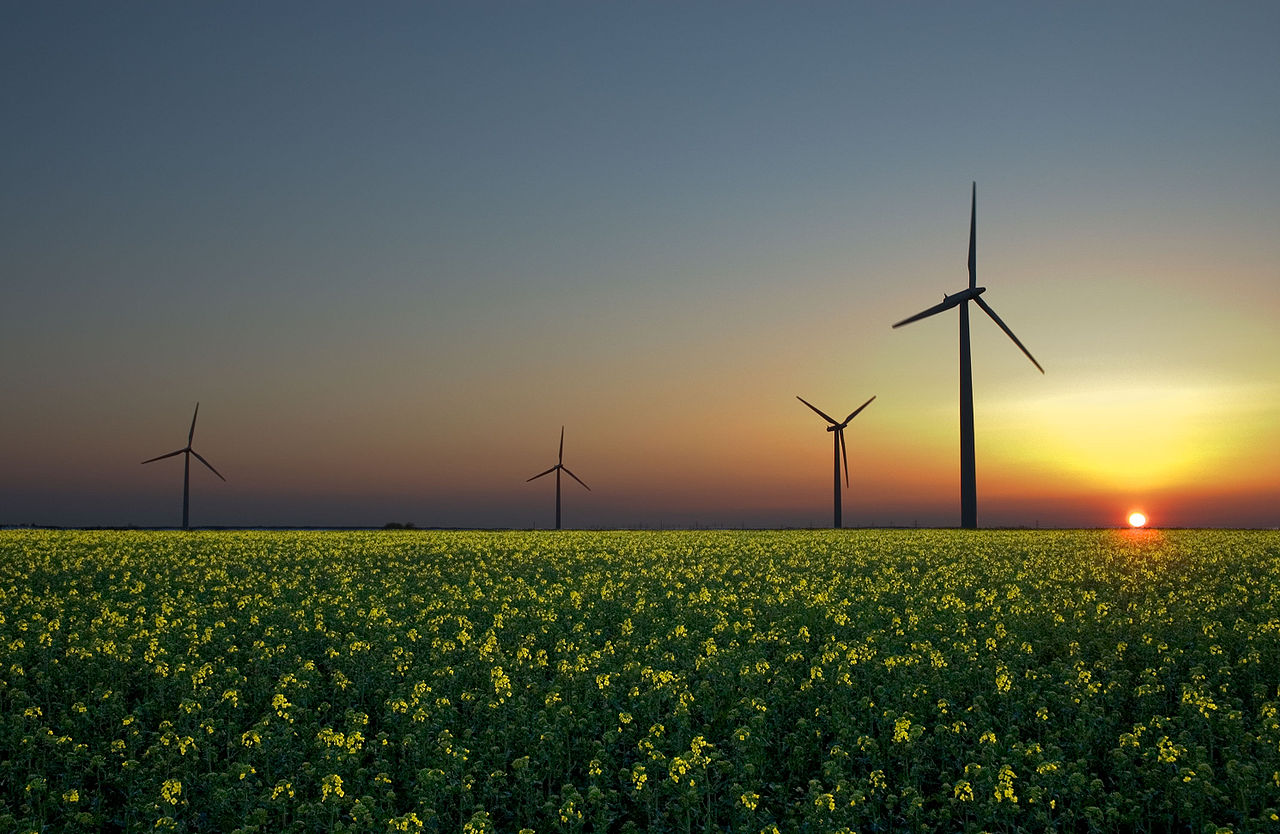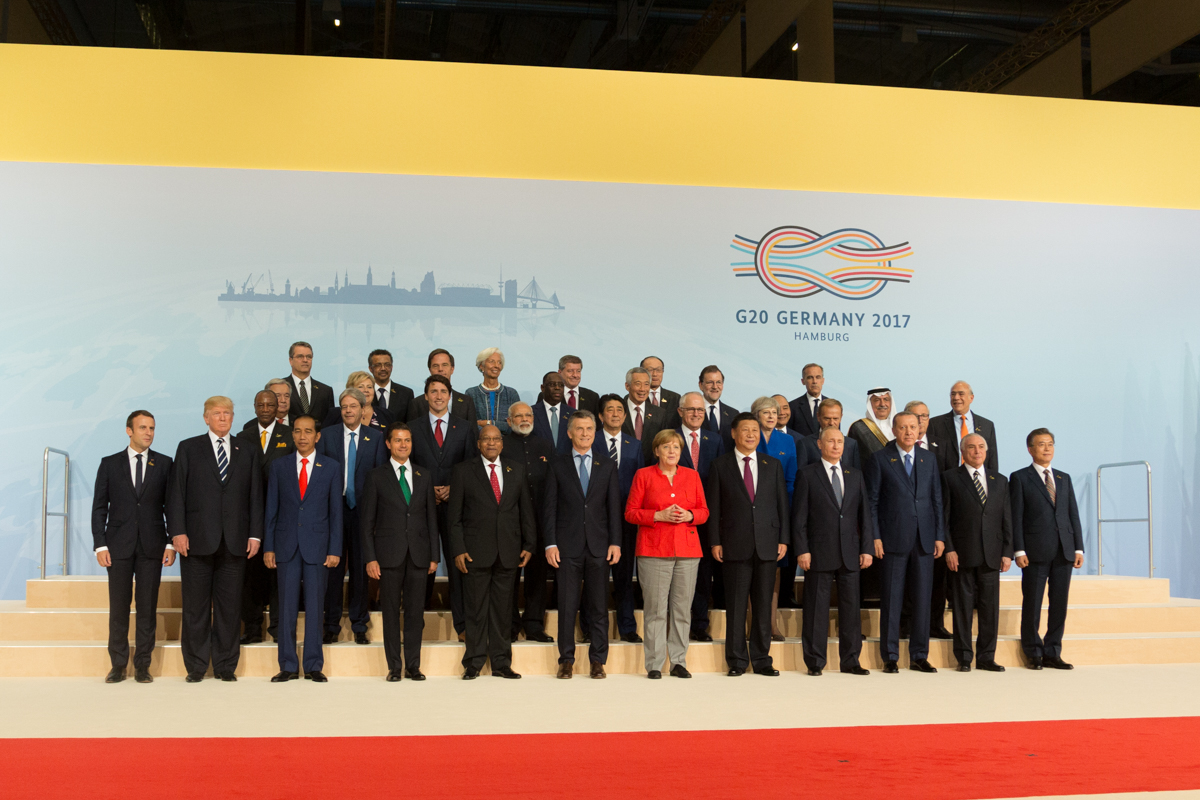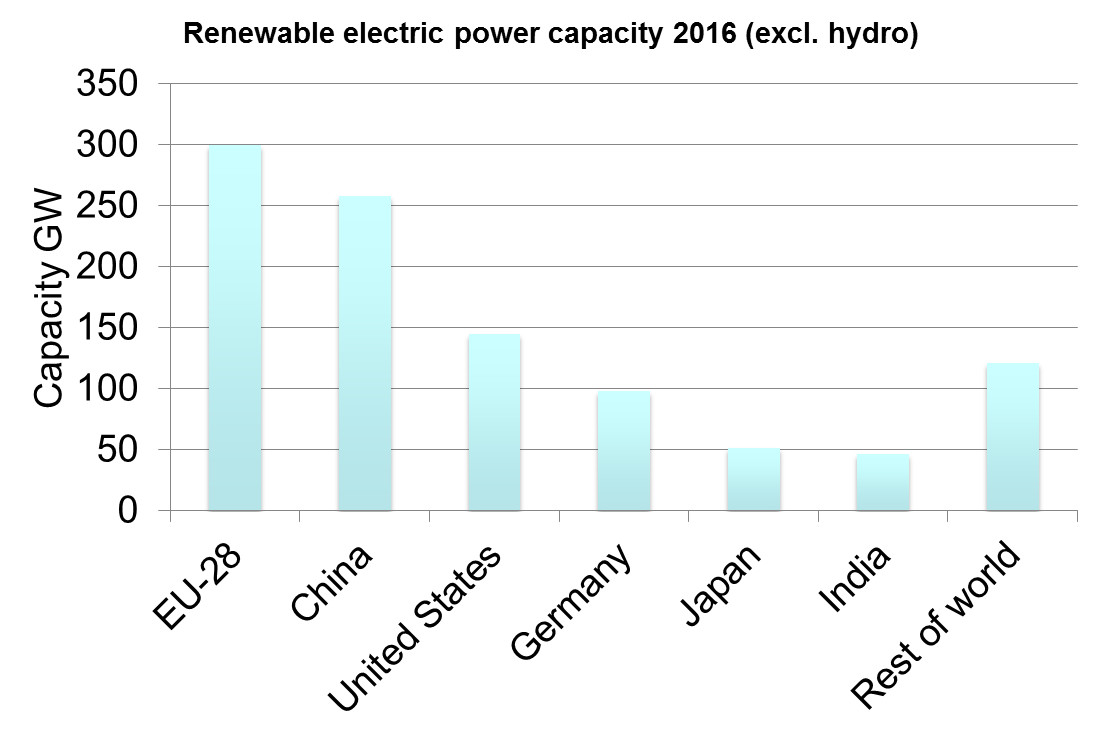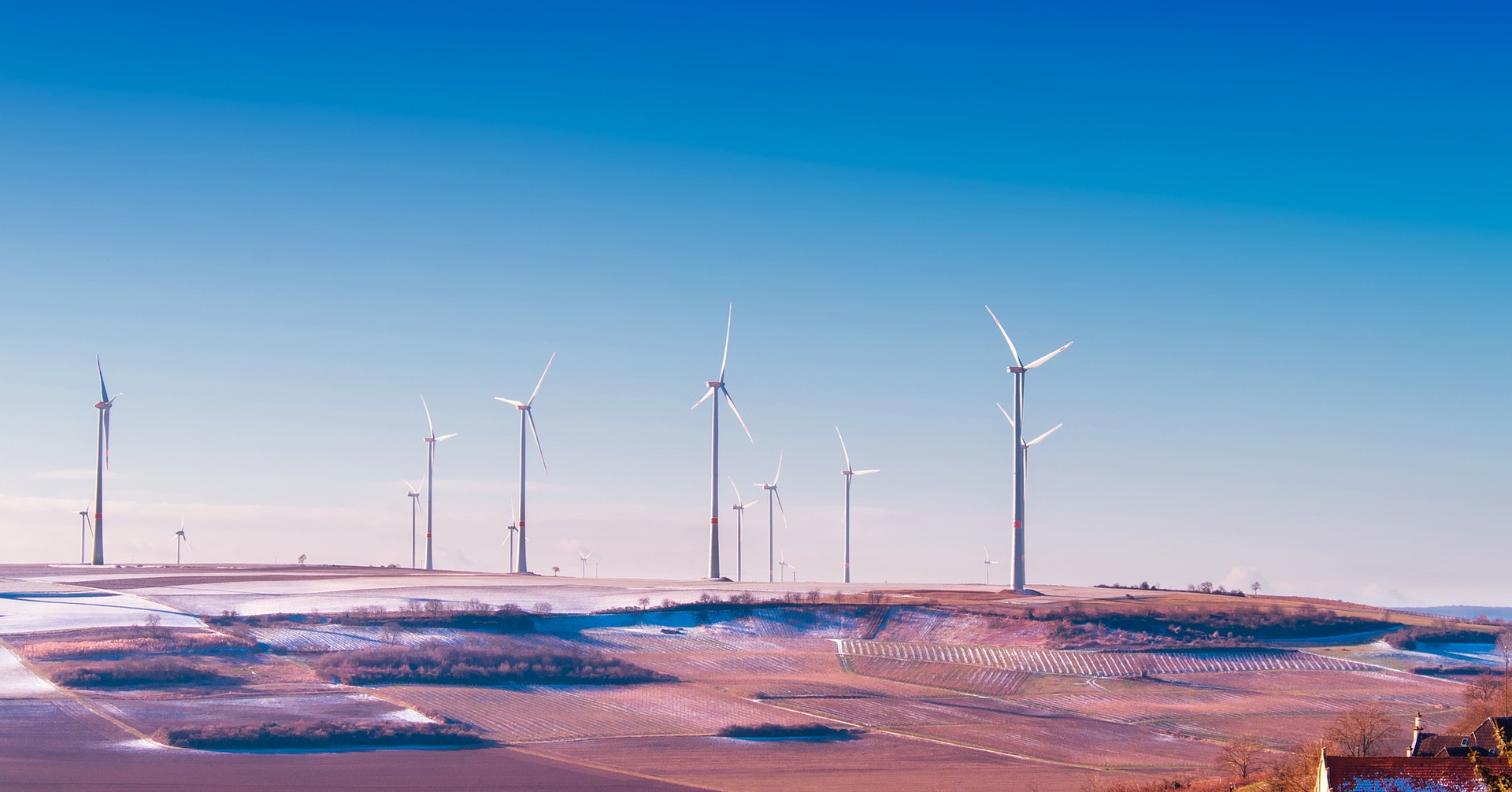
Politics & Society
Merkel’s refugee stance paying off ahead of German election

Despite Germany having some of the highest energy prices in Europe, Chancellor Angela Merkel’s strong stance on climate change is uncontroversial - here’s why
Published 4 September 2017
The German Chancellor Angela Merkel and leader of the ruling Christian Democratic Union (CDU) is running for an historic fourth four-year term in the upcoming elections on September 24. She’s taken a strong stance on taking action on climate change, which seems to be helping her chances of re-election.
Opinion polls consistently show high levels of public support for climate policies and all major parties in Germany – except the Euro-skeptic, anti-refugee Alternative for Germany Party (AfD) – accept the reality of human-induced climate change.
Climate change hasn’t, therefore, featured prominently in the election campaign. Here’s why.

In an extraordinary diplomatic rebuke at the G20 meeting in Germany in July, the final communiqué isolated the United States in relation to climate change.
While the 19 other G20 members reaffirmed their commitment to the Paris climate agreement, a separate paragraph made specific reference to the dissenting position of the United States.
Dr Merkel then emphasised the difference of opinion at a press conference that followed, stating that she deplored the U.S. President’s decision to leave the Paris Agreement.
Such strong language from one of the United States’ closest allies was highly unusual, but Dr Merkel had one eye on the upcoming election and knew that the strategy would play well at home. By using it to contrast herself to President Trump, Dr Merkel reinforced her image as a safe pair of hands.

Her political instincts look to have been correct. When Dr Merkel’s main rival, Martin Schulz, quit as the President of the European Parliament in late 2016 to head up the Social Democratic Party (SPD), his early opinion poll gains had many speculating about the end of the Merkel era.
However, as the year progressed the government has widened its lead over the SPD and it appears as though Merkel’s Christian Democratic Union (CDU) will again win the most seats at the election to be held on 24 September.
Although climate science informs Germany’s climate and energy policies, there is also a significant degree of self-interest in the country’s response. The drive to decarbonise the energy system, in particular, is as much about industrial policy and energy security as it is about emissions reduction.

The growing awareness of climate change in the late 1980s coincided with the development of a concept in Germany known as ‘ecological modernisation’, which saw environmental policy as an opportunity for economic growth rather than an impediment.
From the early 1990s, Germany saw the development of renewable energy technologies as an opportunity to strengthen its industrial base, and both new and established companies poured into the market. There have been some monumental failures, particularly in the solar industry, but the link between climate, energy and industrial policies remains strong.

Politics & Society
Merkel’s refugee stance paying off ahead of German election
Energy security has also been a key driver of renewables development. Despite having the largest coal reserves in the EU, Germany is a net importer of energy and is particularly reliant on Russia to meet its needs.
Although Germany has a more stable relationship with Russia than many of its eastern neighbours, the trade still entails significant geopolitical risks.
Germany has implemented the Energiewende, an ambitious and comprehensive plan for the transition to a low-emissions energy system. Although it has its roots in the anti-nuclear movement of the early 1980s rather than climate politics, under the leadership of Dr Merkel the Energiewende has become a key component of Germany’s emissions reduction strategy.

The plan includes a renewables target of nearly 40 per cent for the electricity sector by 2020, making it one of the most ambitious in the EU. Longer-term targets have also been established with renewables expected to provide at least 80 per cent of Germany’s electricity by 2050.
The Energiewende has not been without problems. Despite deployment rates of renewables meeting forecasts, emissions targets for 2020 will be missed by a wide margin due to nuclear and gas being pushed out of the market rather than coal. German households also pay the second highest electricity prices in the EU.

However, the transition retains broad public support, which will give the incoming government crucial political capital to deal with these issues and many others that are likely to arise over the next four years.
Paradoxically, German commitment to environmental policies has led to a decline in the fortunes of the Green Party. They have lacked a signature election issue - having been outflanked on one side by The Left party (Die Linke), and on the other by the CDU and SPD, which have adopted traditional green policies such as the phase-out of nuclear power and long-term emissions targets.

Environment
Trump’s political climate
As a result, the Greens have seen public support fall by nearly a third over the past 12 months.
Germany’s complex voting system ensures that no single party will win enough seats to govern in their own right.
Although Dr Merkel’s CDU will likely be the strongest party in a coalition government, there are a number of possible combinations of parties that could pull the government to the left or right.
The makeup of the government will be important for determining important aspects of climate and energy policy, including the pace of the energy transition.
But the broad acceptance of climate science, ongoing public support and a political model that favours negotiation and consensus over conflict will ensure that the direction is unlikely to change.
This article was co-published by the University of Melbourne’s Election Watch
Banner image: Wind turbines in a rapeseed field in Sandesneben, Germany/Wikimedia